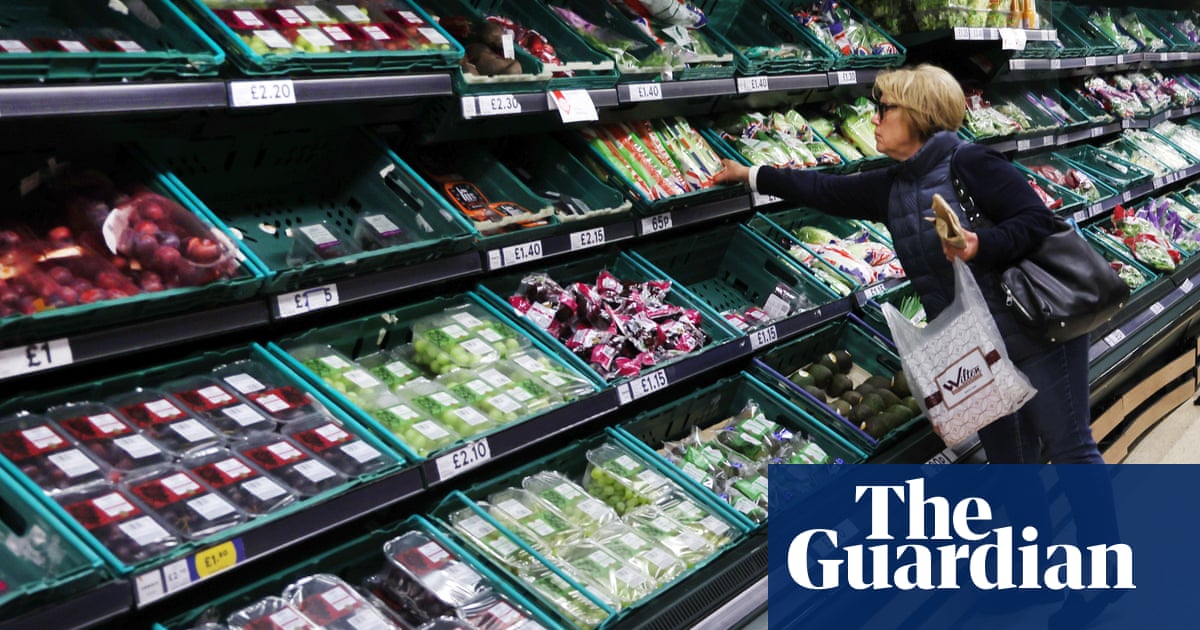
Prices of goods and products hiked over the past few months in Libya, creating a crisis as Ramadan month approaches, while the Government of National Accord (GNA) is neither monitoring the markets nor the prices, citizen Ammari Sleiman complained.
However, the Ministry of Economy and Industry asserted that it monitors the market closely and pledges to ensure goods are available during Ramadan.
Ammari’s complaints are voiced all over the country, as citizens witness that prices of many goods have increased significantly compared to the past months. Some attribute the rise in the prices to the clashes in Tripoli between the Libyan National Army (LNA) - led by Khalifa Haftar, and forces loyal to Chief of Presidential Council, Fayez al-Sarraj.
Citizens also fear the effect of the prices on the market during Ramadan month, especially that the 450-dinars minimum wage has not changed in more than eight years.
Ammari stated that Libyans have been accustomed to wars and political differences since the overthrow of the regime of Muammar Gaddafi, but prices’ increase, especially that of meat and vegetables, costs most of the minimum wage of a worker.
He reported that a kilo of bananas costs between 5 to 6 dinars, cucumber and zucchini 5 dinars, apples 7 dinars, while a kilo of meat is 40 dinars.
Economists believe traders are taking advantage of the absence of government control to increase the prices as they please, calling for raising the minimum wage to 2500 dinars per month, so that the Libyan family can cope with the situation.
Ammari, who works in the retail business, went on to say that the high cost of living doubled the suffering of citizens in the southern suburbs of the capital. In addition, electricity and water have been cut off in some neighborhoods because of the clashes, pushing hundreds of families to leave their homes.
Last week, Sarraj met with Minister of Economy and Industry Ali al-Issawi to discuss the provision of food commodities during Ramadan. The meeting also addressed means to avoid negative effects on the Libyan market and providing market needs during Ramadan at affordable prices.
Families in the south and east of the country also suffer from low-incomes and high prices. In Ajdabiya, 160 km south of Benghazi, some citizens were angered by the sudden rise in the price of food before Ramadan amid fears that prices will rise further in the coming month.
Economics professors at Benghazi University Attiya Fetiouri wondered the reason behind the increase in commodities prices such as meat, eggs, rice, tea, sugar, oil, vegetables, and fruit.
He accused the government and regulatory bodies of not monitoring the prices, which will continue to create problems for low-income people, especially in light of the stifling lack of liquidity and the delay in salaries.












